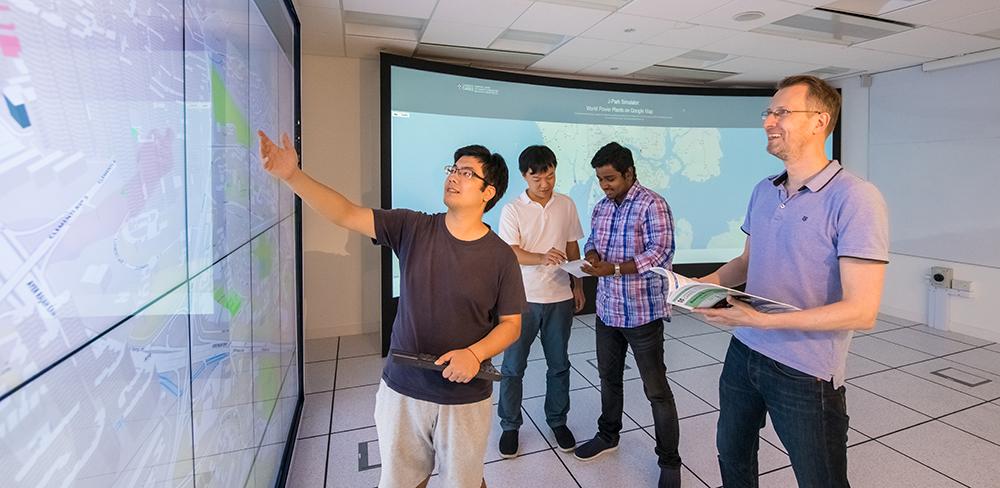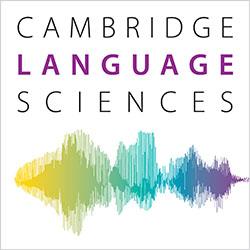
Collaborative and Interdisciplinary Initatives
The University’s cross-School Strategic Research Initiatives and Networks and Interdisciplinary Research Centres schemes build on areas of existing research strength by bringing together a critical mass of expertise from across the Schools, with four key aims:
- to address large-scale multi-disciplinary research challenges;
- to strengthen research collaborations and knowledge transfer across disciplines;
- to increase research capacity and profile by providing a platform for large-scale funding applications, recruitments and international research partnerships;
- to enhance our ability to engage with national and international research, policy and funding agendas.
For more information on cross-School initiatives visit the Research Strategy Office site.
Interdisciplinary Research Centres
The School of Technology is involved with a select group of University-wide Interdisciplinary Research Centres, designed to build research capacity in tackling some of today’s greatest challenges
Language Sciences
Technological advances such as brain imaging and machine learning mean that applied research in language sciences is having a growing impact on our everyday lives – from the development of search engines and virtual assistants like Siri and Alexa, to biomedical text mining and dementia research. We also face new research challenges posed by the increasingly multilingual and multicultural society associated with migration and social change.
Cambridge Language Sciences’ mission is to promote dialogue between language scientists of all disciplines, to stimulate innovative thinking and to catalyse the formation of new interdisciplinary partnerships for novel research and creative teaching.
The School has been a contributor to the Language Sciences Incubator Fund for small projects to foster innovative and interdisciplinary research in the language sciences.
The interdisciplinary approach and collaboration between researchers across the Cambridge Language Sciences international network strengthens the ability to tackle complex issues in key areas including technology, health, education and society.
It is co-directed by Prof. Paula Buttery (Computer Science and Technology), Prof. Brechtje Post (Theoretical and Applied Linguistics), and Dr Matt Davis (MRC Cognition and Brain Unit), and includes representatives from across the University of Cambridge as well as Cambridge University Press and Assessment.
Energy
Energy@Cambridge brings together the activities of over 250 academics working in all aspects of energy-related research. Academics within the School are well represented on the steering committee and Research Themes.
Energy@Cambridge aims to:
- Leverage the University of Cambridge’s expertise to tackle grand technical and intellectual challenges in energy transitions, integrating science, technology and policy research.
- Work with industry, funding agencies, UK and foreign governments and other sponsors and benefactors to secure funding for research in energy transitions.
- Develop strategic academic and industrial partnerships around the world.
- Ensure that multidisciplinary, cross-university projects have support and backing from the University leadership and research community to maximise success and impact.
Global Food Security
With the global population estimated to reach nine billion people by 2050, food security is one of this century’s greatest challenges.
Recognizing that global food security is a global challenge which requires global solutions with a holistic approach, the Cambridge Global Food Security Interdisciplinary Research Centre (formerly a Research Initiative) recognises that expertise from many disciplines is essential to understand such a complex issue and to develop effective solutions.
Cambridge Global Food Security IRC Co-Chair Dr Jag Srai is Head of the Centre for International Manufacturing, IfM, Department of Engineering.



